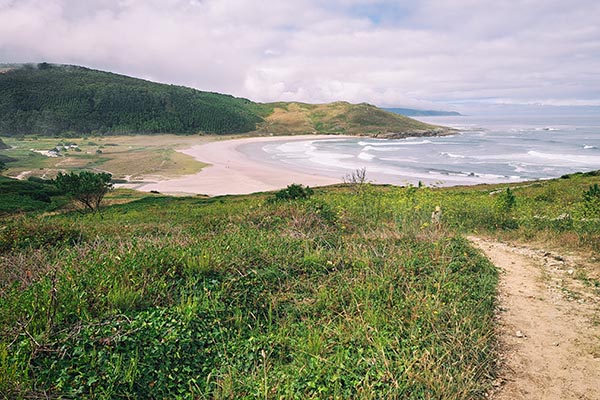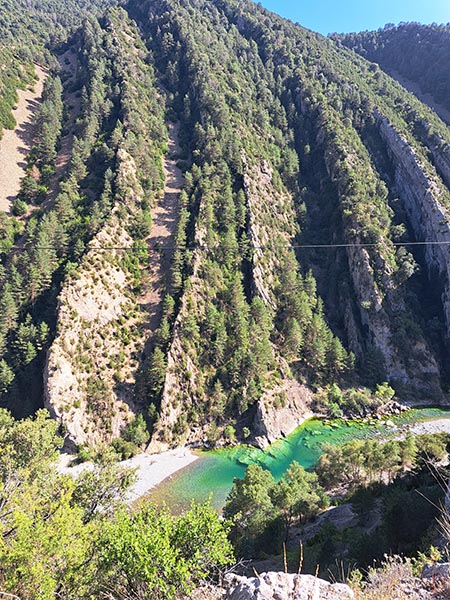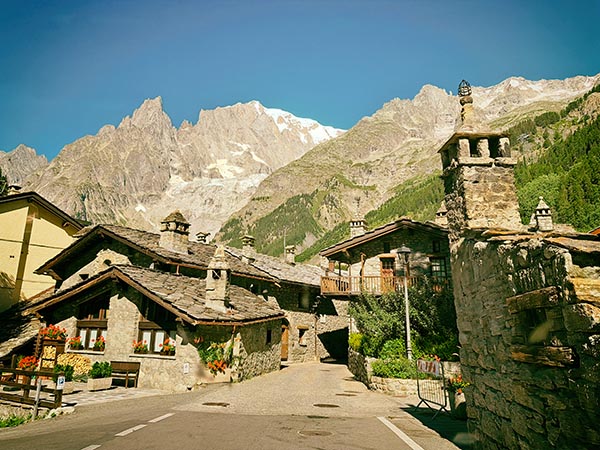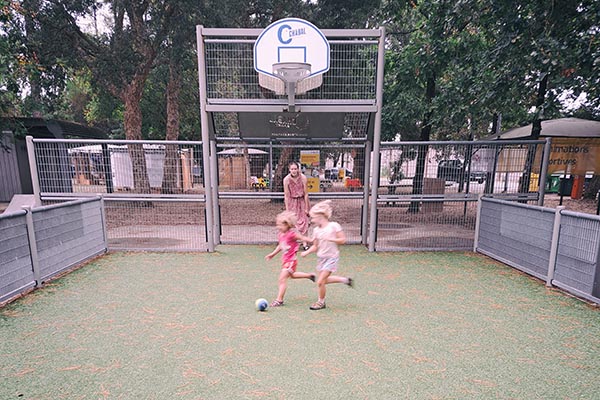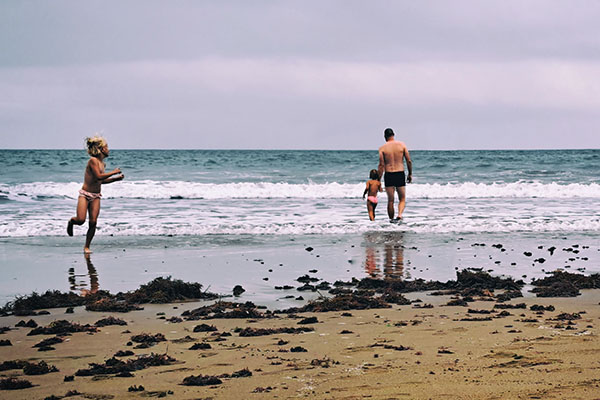Wreck diving Premantura
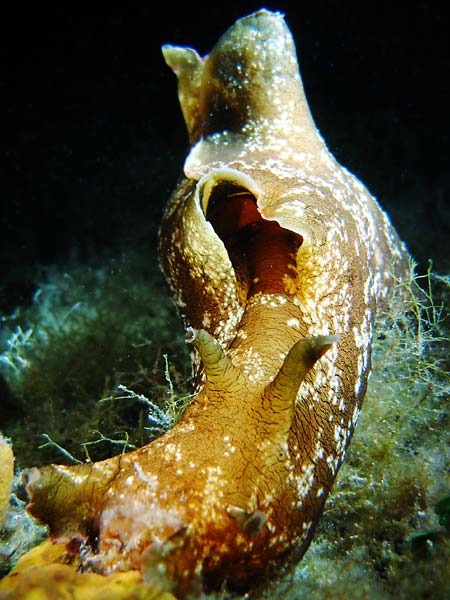
Aplysia depilans (punctata?), uvala Polje night dive
It’s strangely ironic that in 3 months of living on a Greek island I never managed to go on a proper dive. Just the thought of it was a constant source of frustration… here I was, on a beautiful island where scuba diving doesn’t extend beyond some locals with their own gear and 160 kilometers of coastline that is likely largely unexplored. The thought of uncovering new sights and wonders, natural or man-made, was burning in the back of my mind. Sadly though my underwater exploration of Ikaria was strictly limited to lung capacity and admittedly relatively shallow coastal waters.
I guess it’s all fine as long as the bottom doesn’t go much beyond 20 meters although I cannot help but think what lay beyond the immediate coastal waters. Surely there must be something, some wall that breaks the monotony of coastal sand flats and drops down into deep trenches that surround Ikaria. Or a wreck or a reef, or something. I guess it will remain a mystery to me until I return with my own gear (and hopefully manage to get on a boat).
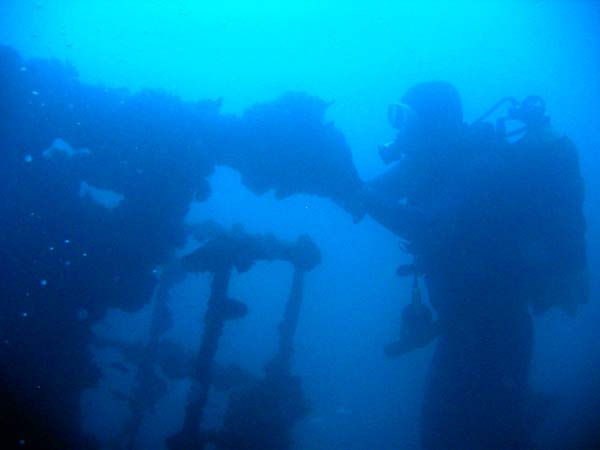
AA guns of Cessare Rossarol
To finally get back into diving we went for a bit of weekend wreck diving with Vitez wrecks in Premantura, Croatia. I’ve been diving with twice them before and will surely return. I like their style, their expertise and the fact there are supposedly more than a hundred wrecks that sunk in the sea around Pula.
Wreck diving is very different from the more common coastal diving on walls and reefs as you dive into blue water in the middle of the sea and the profile will inevitably be a square. Which of course means a lot of hanging onto a rope while doing decompression stops. Which is boring…
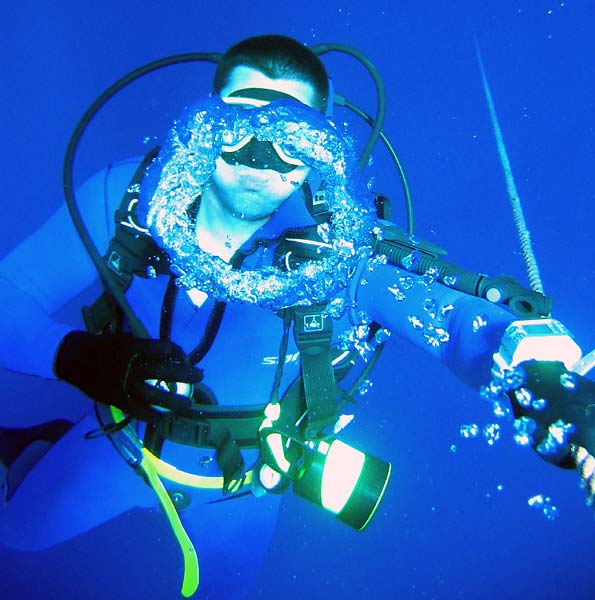
Luana deco stop boredom
On reefs and walls you can at least spend that time doing more interesting stuff and the entire period of coming back up doesn’t seem so long. But if you spend half an hour exploring a ship that lies between 35 and 55m and return along the rope you will be waiting for what seems like eternity and is usually longer than the time spent at the bottom. Although after half hour spent at 12-13°C it feels nice to return to warmer water.
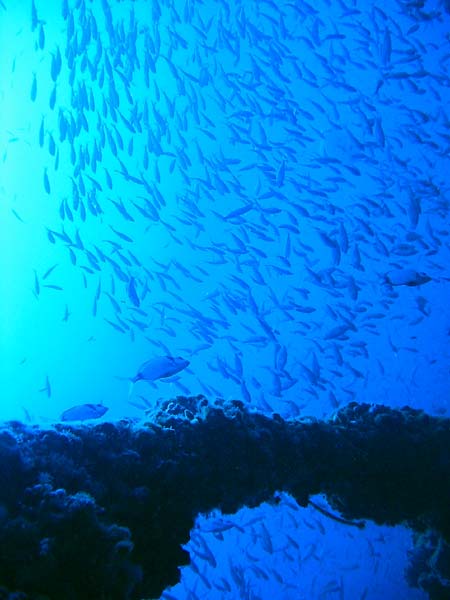
schools of Luana
We did two wrecks this weekend. One was Luana, a 72m long cargo ship that came to rest at 48m after hitting one of many leftover underwater mines in 1947. The other was Cessare Rossarol. An 85m WW1 Italian navy cruiser that sank to 55m, also after hitting a mine.
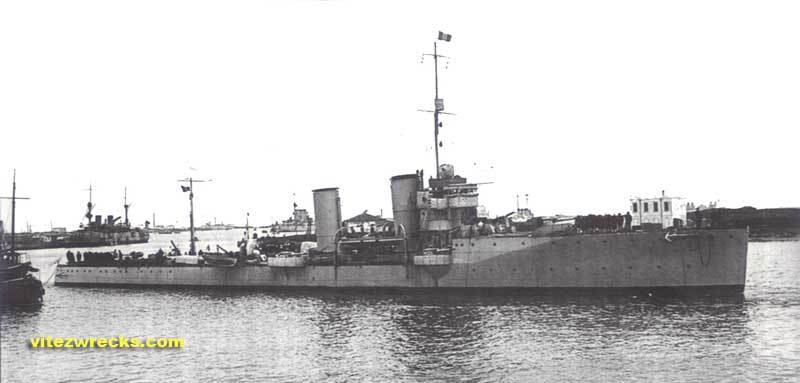
Cessare Rossarol, photo via: Vitez Wrecks
While the visibility on Luana was excellent it was unusually poor on Cessare and it’s hard to appreciate such a big ship if you can’t really see it. We’ll have to go back soon. Both dives lasted about an hour and required several deco stops on return. We actually did 4 of them. First one was a few minutes at 15m, the rest were according to the dive computer @ 9, 6 and 3m.
On Saturday we also did a night dive in uvala Polje on Kamenjak peninsula. Amazing dive on its own, even better as a combination with the wreck dives. Loads of scorpion fish and various species of crabs. Some cuttlefish, sea hare, congers… simply amazing.
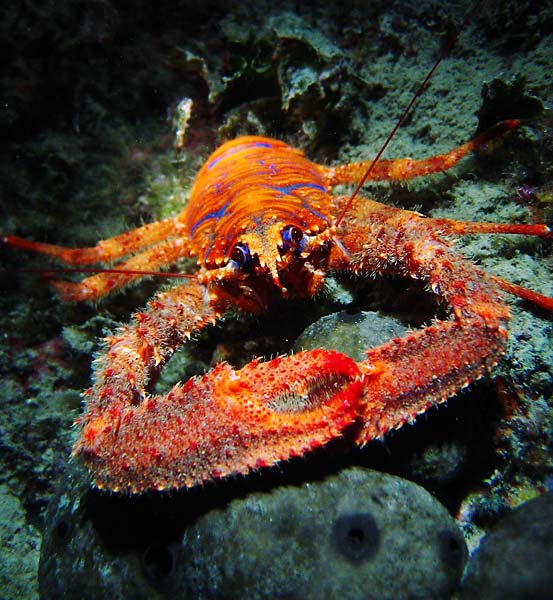
Galathea strigosa, uvala Polje night dive
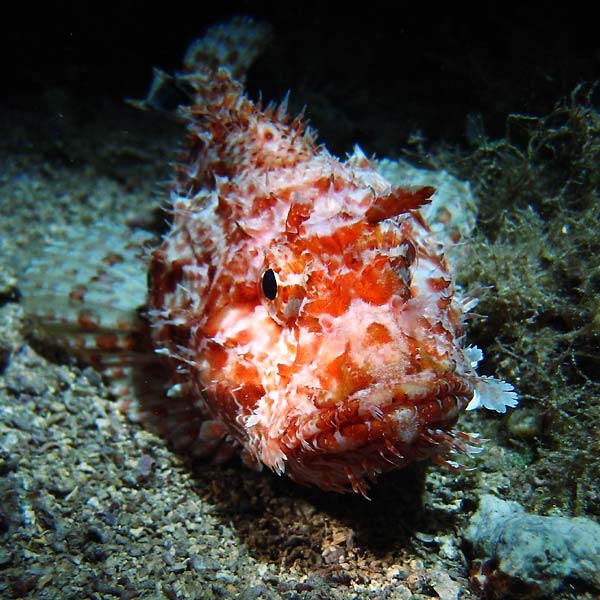
Scorpaena scrofa, uvala Polje night dive
more photos in the gallery
 Comments(0)
Comments(0)
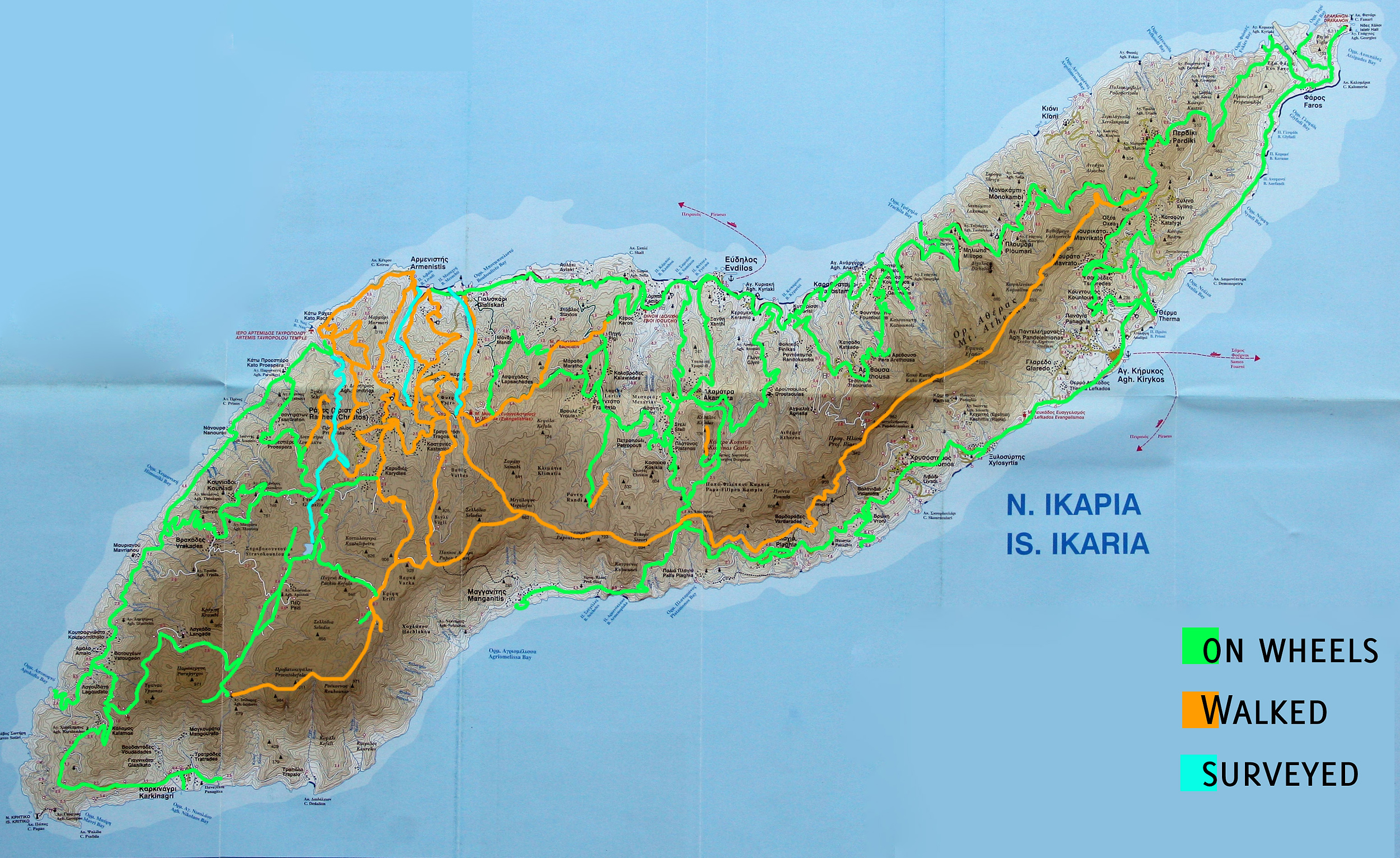


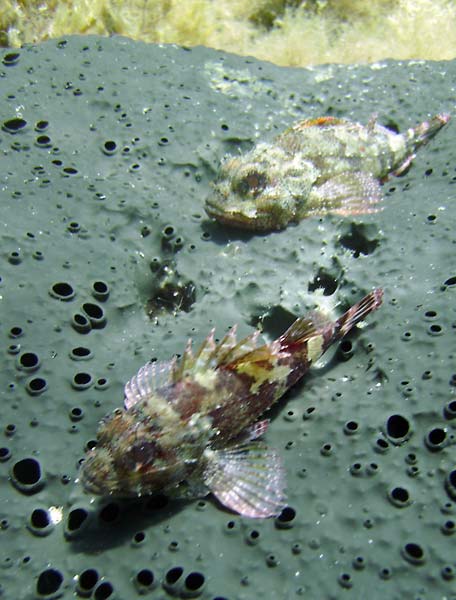 Scorpaena (porcus?)
Scorpaena (porcus?)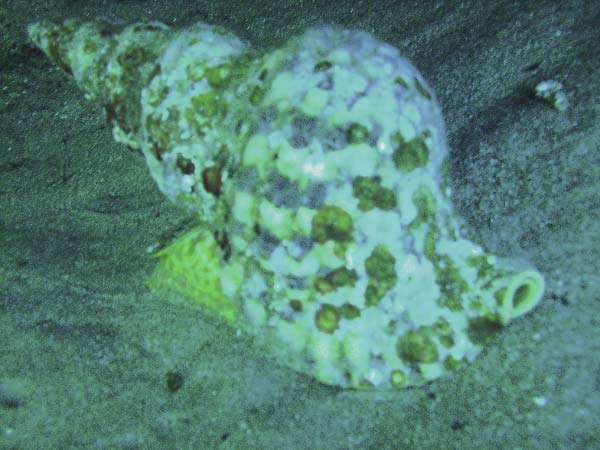 Charonia (tritonis?)
Charonia (tritonis?)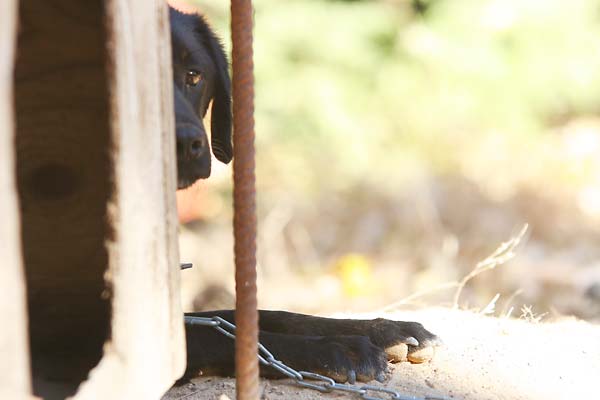
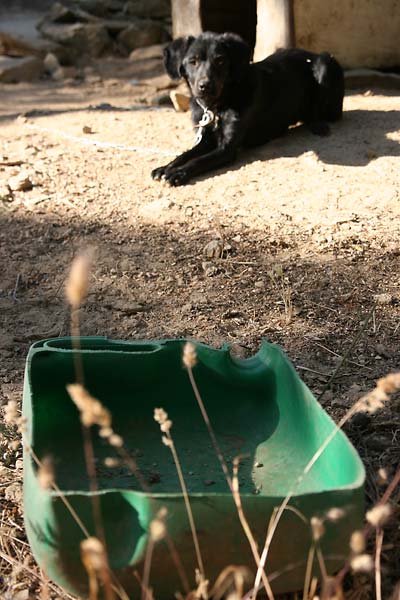
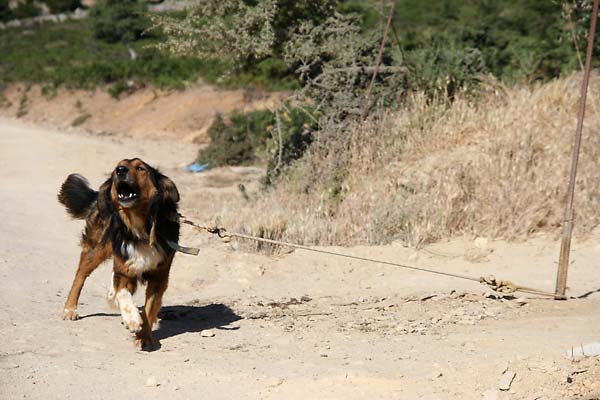
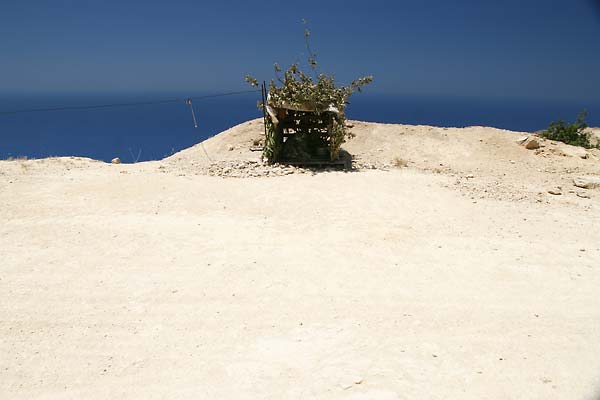 Kalamos guard
Kalamos guard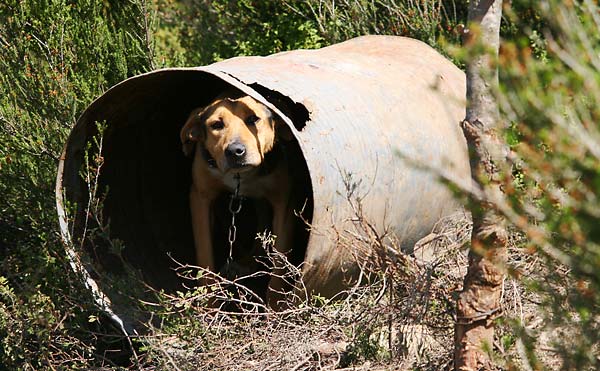 Ag. Dimitrios guard
Ag. Dimitrios guard